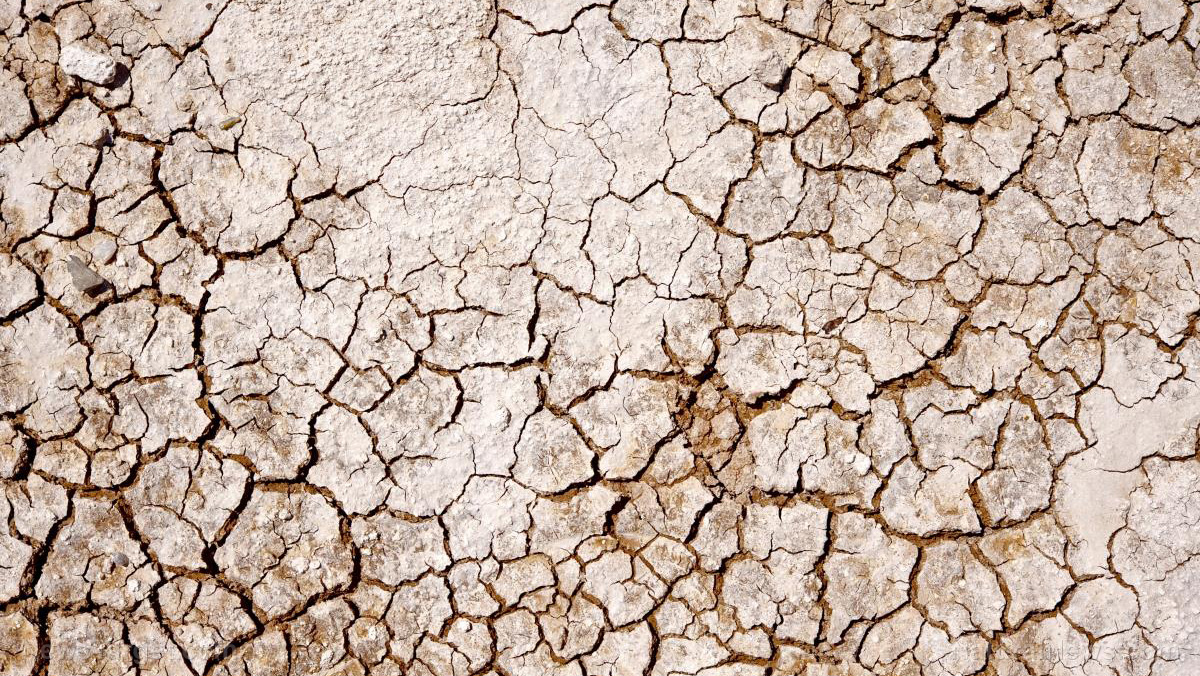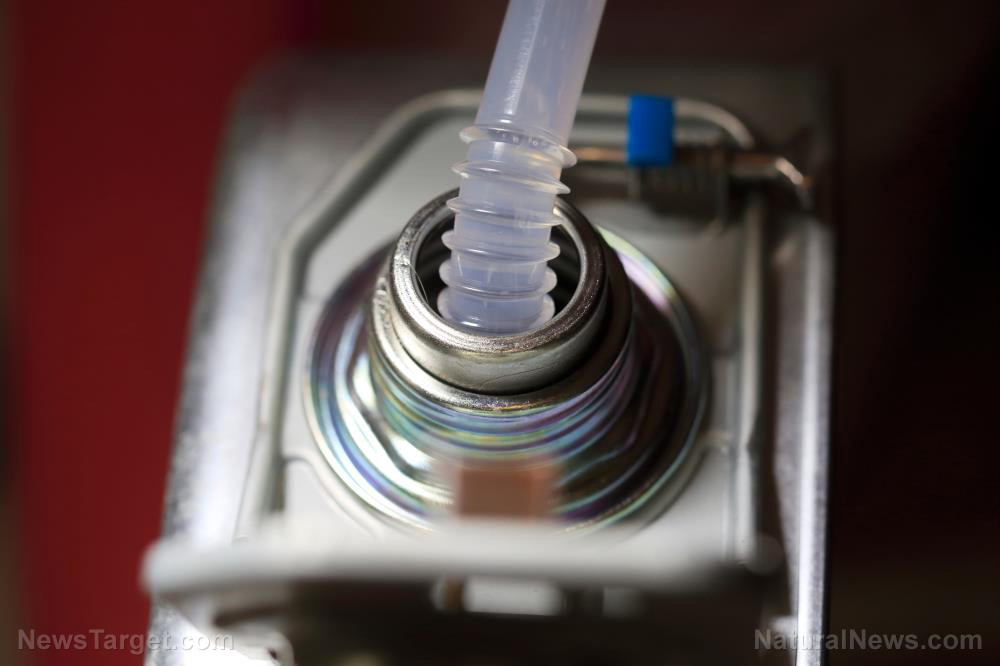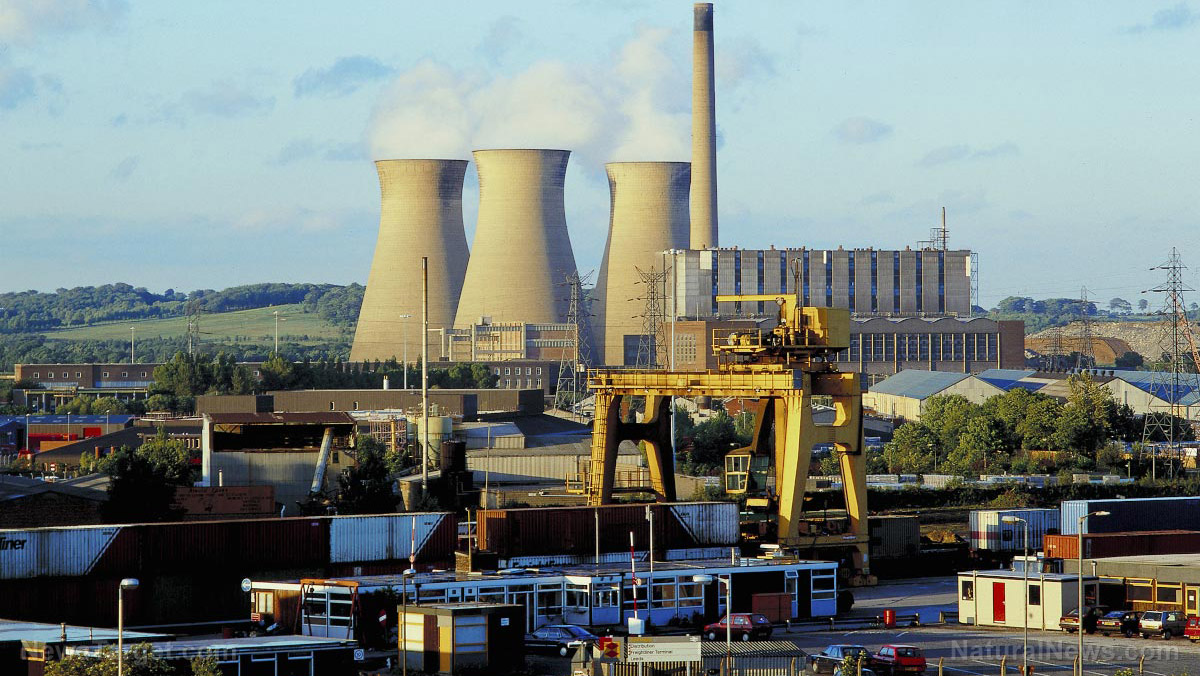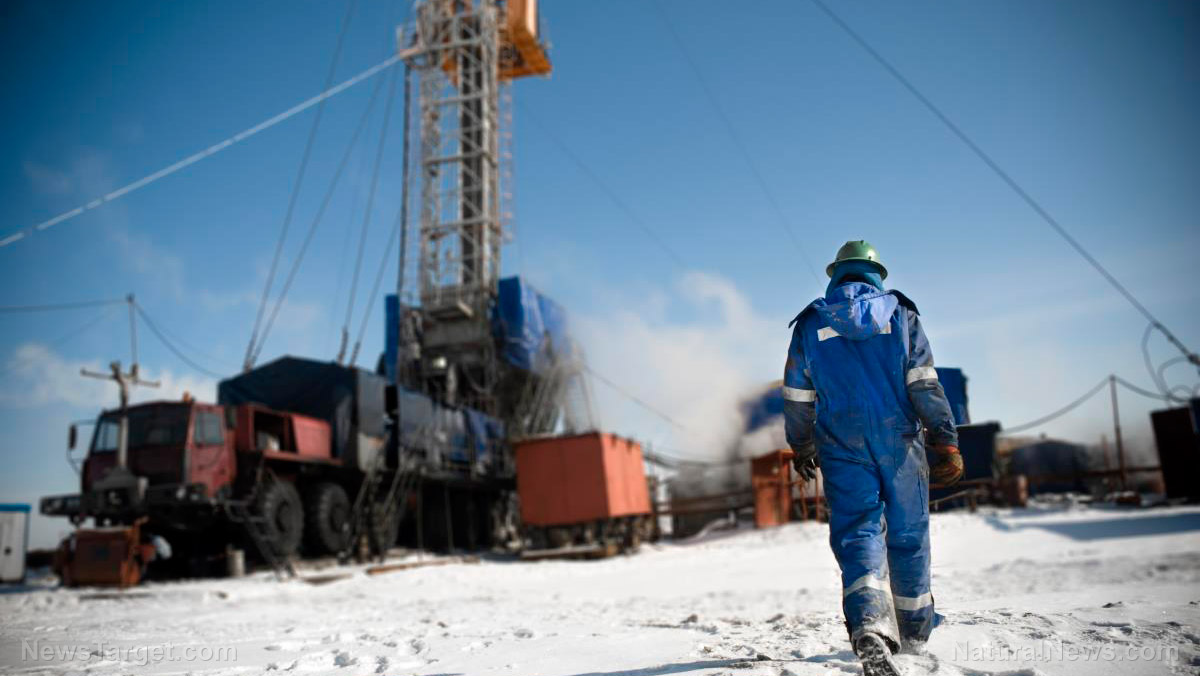Californians told to conserve power as droughts reduce capacity of California’s hydroelectric dams
06/23/2021 / By Nolan Barton

The California Independent System Operator (ISO), which runs the state’s energy grid, has warned that it may face challenges this summer in part because droughts have reduced the capacity of the state’s hydroelectric dams.
This prompted California Gov. Gavin Newsom to ask Californians to voluntarily conserve power to avoid rotating outages. Meanwhile, the California ISO asked people to set thermostats to 78 degrees, avoid using large appliances, close drapes and blinds, turn off unnecessary lights and use fans.
Hydroelectric plant at risk of closing
One of California’s most critical hydroelectric plants is at risk of closing for the first time as water levels continue to sink. (Related: Drought could force California power plant to shut down at hottest time of the year.)
The drought and the scorching heat have depleted some of the water supply at Northern California’s Lake Oroville. The lake’s current water levels are hovering around 700 feet above sea level.
If 640 feet is breached, officials “will likely be forced to close the Edward Hyatt Power Plant for the first time since it opened in 1967,” California Energy Commission spokesperson Lindsay Buckley told CNN. The lake’s record low is 646 feet.
Earlier this month, at least 130 houseboats were evacuated from the lake as water levels continued to drop.
If the Hyatt plant closes, hydroelectric generation for the state’s grid would be affected. At full capacity, the plant can power up to 800,000 homes.
“If lake levels fall below those elevations later this summer, DWR [California Department of Water Resources] will, for the first time, cease generation at the Hyatt power plant due to lack of sufficient water to turn the plant’s electrical generation turbines,” said Liza Whitmore, Public Information Officer of DWR’s Oroville Field Division.
California’s power companies may have to source electricity from elsewhere
Closure of the plant would mean the state’s power companies would have to source electricity from elsewhere to fill the void.
On Thursday, June 17, Newsom signed an emergency proclamation allowing power plants to increase operations if needed to meet electricity demands.
“Amid a major heat wave that is stressing energy grids in states across the western United States, Governor Gavin Newsom today signed an emergency proclamation to free up additional energy capacity,” Newsom’s office said in a press release.
Interior areas of California suffered from triple-digit temperatures Thursday. Death Valley reached 128 degrees and Palm Springs tied its all-time record of 123 degrees. Palm Springs previously climbed to 123 degrees on Aug. 1, 1993, July 28, 1995 and July 29, 1995.
Higher temperatures were also felt in the normally temperate San Francisco Bay Area. Kathleen Craft, shelter coordinator for the city of Livermore, California, said temperatures had reached 99 degrees shortly after midday on Thursday but only one woman had shown up at the city’s cooling center.
Drought strains California’s water supplies
Global warming is making things worse. Rising temperatures dried out soils and the prolonged drought put a strain into the state’s water supplies.
The Inverness Public Utility District in Marin County will vote this week on whether to impose rationing for 1,100 customers, assigning each household a set amount of water for the first time. (Related: California bottling water during worst drought in history.)
Farmers have been forced to take drastic measures. Sheep and cattle ranchers are selling this year’s stock months early, and some dairy farmers are selling their cows rather than come up with 50 gallons of water each animal needs per day.
Many California farmers are already using micro-irrigation, drip hoses and other water conservation methods. “We’ve stretched every drop,” said Bill Diedrich, a fourth-generation farmer in Fresno County.
The effect on farms could cause supply issues and higher prices nationwide, said Mike Wade, the executive director of the California Farm Water Coalition. California produces two-thirds of the country’s fruit and one-third of its vegetables.
Agricultural communities are in peril without water.
“When you are operating a longstanding family farm, you don’t want to be the one to lose it,” said Eric Bream, the third generation in his family to run a citrus farm in California’s Central Valley.
Follow ClimateScienceNews.com for more news and information related to global warming.
Sources include:
Tagged Under: cooling center, dairy farmers, Edward Hyatt Power Plant, electrical generation turbines, emergency proclamation, energy capacity, global warming, hydroelectric dams, hydroelectric plants, Lake Oroville, micro-irrigation, power companies, power grid, power plant, water supply
RECENT NEWS & ARTICLES
PowerGrid.News is a fact-based public education website published by Power Grid News Features, LLC.
All content copyright © 2018 by Power Grid News Features, LLC.
Contact Us with Tips or Corrections
All trademarks, registered trademarks and servicemarks mentioned on this site are the property of their respective owners.



















